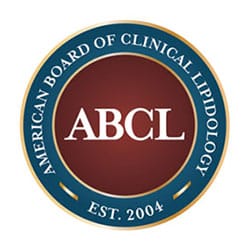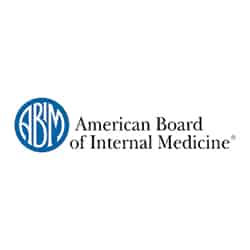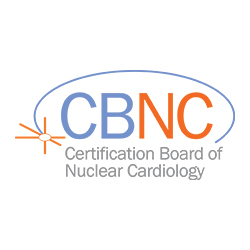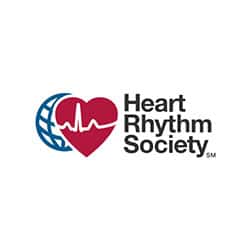A stress test is a great way to measure your heart’s activity while it’s in full swing. If your echocardiogram, or another test, proved inconclusive, our doctors at St. Louis Heart and Vascular may prescribe a stress test to get a better understanding about how your heart and circulatory system are functioning when you increase the demands placed on them.
Stress Tests Q&A
What is a stress test?
A stress test is the best way to measure your cardiovascular activity while you’re placing a higher demand on it, usually through walking or running. If your standard echocardiogram doesn’t provide enough information for your doctor, they may investigate your problem further through a stress test, which can provide key additional information.
During your stress test, out staff will hook you up to electrodes, and have you walk on a treadmill to get your heart rate up. The electrodes record the activity in your heart and provide your doctor with critical information. A nuclear stress test may also be ordered if the doctor sees fit.
Why would I need a stress test?
If your doctor suspects you may have one of the following, a stress test helps to rule out or confirm a diagnosis:
- Coronary artery disease
- Arrhythmia
- Heart valve defects
Most heart and vascular diagnoses can benefit from the additional information a stress test provides to detect malfunctions or blockages.
What tips should I follow before the test?
The team at St. Louis Heart and Vascular makes sure you have the full preparation instructions well in advance of your stress test, which outline things like:
- Not eating before a stress test
- No caffeine for a certain amount of time beforehand
- No tobacco leading up to your test
- Wearing comfortable clothes and sneakers for your test
What happens after the stress test?
Armed with the valuable information a stress test provides, your doctor at St. Louis Heart and Vascular sets to work to improve your heart health. The treatments or recommendations may include one or more of the following:
- Medications, if necessary
- Lifestyle modifications, especially curbing tobacco and alcohol use
- Weight loss, including the DASH diet, which stands for
- Dietary approaches to stop hypertension
- Exercise programs
- Stents
- Bypass surgery
Your doctor’s goal is to remedy your problem without resorting to invasive procedures, so it’s important that you follow your treatment plans.
To learn more about what a stress test can reveal about your heart health, call St. Louis Heart and Vascular at one of our seven locations to schedule an appointment.
Stress Tests Available at These Locations
We offer Stress Tests at the following St. Louis Heart and Vascular locations. Contact us to schedule your appointment today.
Bridgeton Office
- (314) 741-0911
- 3550 McKelvey Rd.
Bridgeton, MO 63044 - Location Info
Christian Hospital Office
- (314) 741-0911
- 11155 Dunn Road, Suite 304E, MOB #1
St. Louis, MO 63136 - Location Info
Granite City Office
- (314) 741-0911
- 2120 Madison Ave., Suite 101
Granite City, IL 62040 - Location Info












